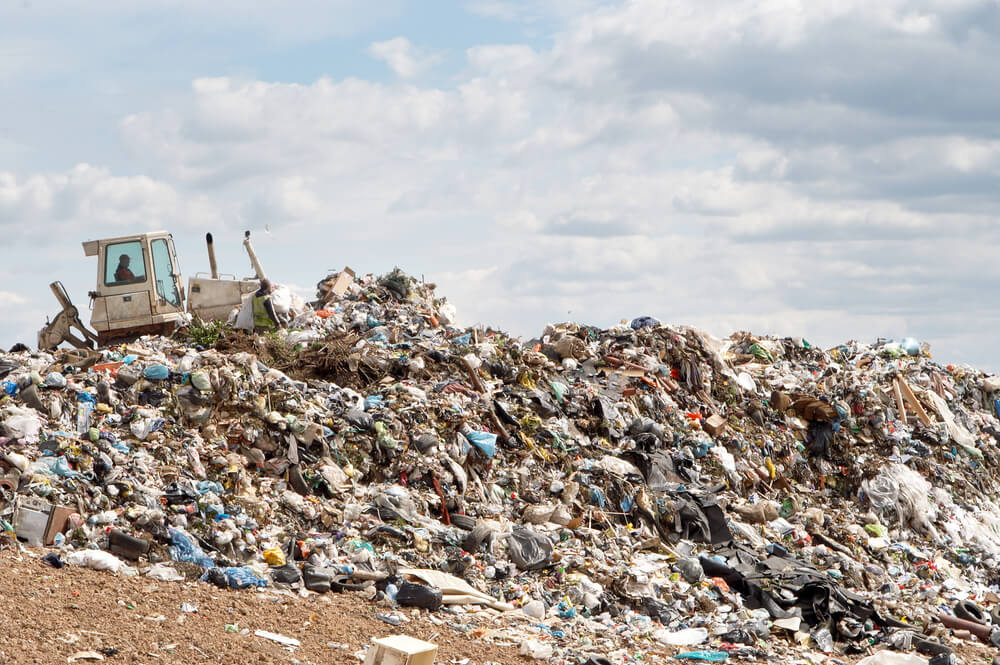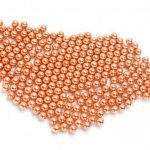Biodegradable products are materials that break down in the environment over an unspecified amount of time.
There have been many recent discussions around whether recycling, composting, or trashing particular items are best for the environment.
Today, we’ll explore why biodegradable products are bad for landfills, whether or not biodegradable products break down in landfills, and how biodegradable products affect the environment.
- Why are biodegradable products bad for landfills?
- Do biodegradable items degrade in landfills?
- How can biodegradable materials affect the environment?
- Is biodegradable waste the same as compostable waste?
- Do biodegradable products decompose in a landfill?
- How should I dispose of biodegradable waste?
- What does biodegradable really mean?
- Why are biodegradable products bad for landfills?
- Does anything biodegrade in landfills?
- Why aren’t biodegradable materials decomposing in landfills?
- What is the best way to dispose of biodegradable waste outside of a landfill?
Why are biodegradable products bad for landfills?
Although biodegradable sounds environmentally friendly, that is not always the case.
Biodegradable products are bad for landfills. When biodegradable waste decomposes, it releases greenhouse gases known as carbon dioxide and methane.
Landfills often do not properly dispose of methane.
This leads to an increase in this particular greenhouse gas harming the atmosphere, which makes these biodegradable products actually do more harm than good.
Do biodegradable items degrade in landfills?
Biodegradable items (such as food waste, paper waste, and green waste) often need oxygen to expedite their degradation process.
Overcrowded landfills do not allow much oxygen, typically. Therefore, biodegradable items degrade slowly or sometimes not at all in landfills.
How can biodegradable materials affect the environment?
Biodegradable materials can be better than the alternative, but they are not perfect.
As mentioned, some biodegradable materials leave harmful chemicals in the air even though they are broken down by a natural process.
Unfortunately, this can harm the environment over time, adding to global warming.
Is biodegradable waste the same as compostable waste?
No! Biodegradable waste is not always compostable.
Compostable products add nutrients to the soil they decompose, but biodegradable waste can generate harmful gases.
Compostable items are always biodegradable, but the opposite is not true.
Do biodegradable products decompose in a landfill?
Sometimes. The landfill might be slightly better than throwing a biodegradable product into a recycling bin (where biodegradable products should never go since they can interrupt the proper recycling process!) but biodegradable products very likely may not decompose in a landfill.
Biodegradable plastics often have chemicals that encourage the plastic to break down when exposed to oxygen and light.
In landfills, this is rarely the case. Our landfills are overcrowded.
How should I dispose of biodegradable waste?
Disposing of biodegradable waste doesn’t need to be hard, and it doesn’t need to harm our environment.
Instead of throwing your biodegradable waste in a landfill, try creating your own compost pile or reaching out to local waste management facilities to get some advice on environmentally friendly biodegradable waste disposal.
What does biodegradable really mean?
In short, biodegradable materials are materials that break down by bacteria or other organisms in a natural way.
However, biodegradable plastics often don’t break down properly in our current system, which is why it is important to do your research if you really want to be waste-conscious.
Why are biodegradable products bad for landfills?
Biodegradable products are not designed to decompose in the environments we typically put them in.
For example, they add to the methane in the environment and struggle to break down properly in water.
Although many people may not think twice about biodegradable products, it is a myth that they will just decompose and not leave waste anywhere. It is likely that biodegradable products are just as bad for landfills as regular plastic products.
Does anything biodegrade in landfills?
Sadly, this is the truth of landfills today.
Unlike compost in your backyard, which is meant to give back to the environment and supplement the soil, landfills are just a dumping ground for trash.
Paper and food waste can sit for decades until they begin to decompose in landfills.
In fact, a recent study explained that a 40-year old newspaper found in a landfill was still readable.
Why aren’t biodegradable materials decomposing in landfills?
Landfills are anaerobic, meaning without oxygen.
The trash is so compacted that air and light, two things that can help biodegradable plastic break down, don’t get in.
Plus, unlike home compost, landfills aren’t stirred or monitored.
They tend to get dry and thus, do not encourage the microorganisms needed to break down biodegradable materials.
What is the best way to dispose of biodegradable waste outside of a landfill?
Trying not to contribute to this cycle? It is better to dispose of biodegradable waste on your own!
Try these tips next time you consider throwing biodegradable waste into a landfill:
- Compost on your own
- Check your city’s waste management division to see if they have a compost plan
- Reach out to local environmental groups for tips
Biodegradable plastics may have been made with good intentions, but their abundance actually harms the environment nowadays.
It’s important to understand why biodegradable waste is bad for landfills, so you can ensure you are getting rid of your waste properly.
In Summation:
- Biodegradable materials are bad for landfills.
- Biodegradable materials often do not decompose well in landfills.
- Biodegradable materials can release harmful methane and CO2 gases in landfills.
- Composting is a good alternative to throwing biodegradable waste in landfills.



